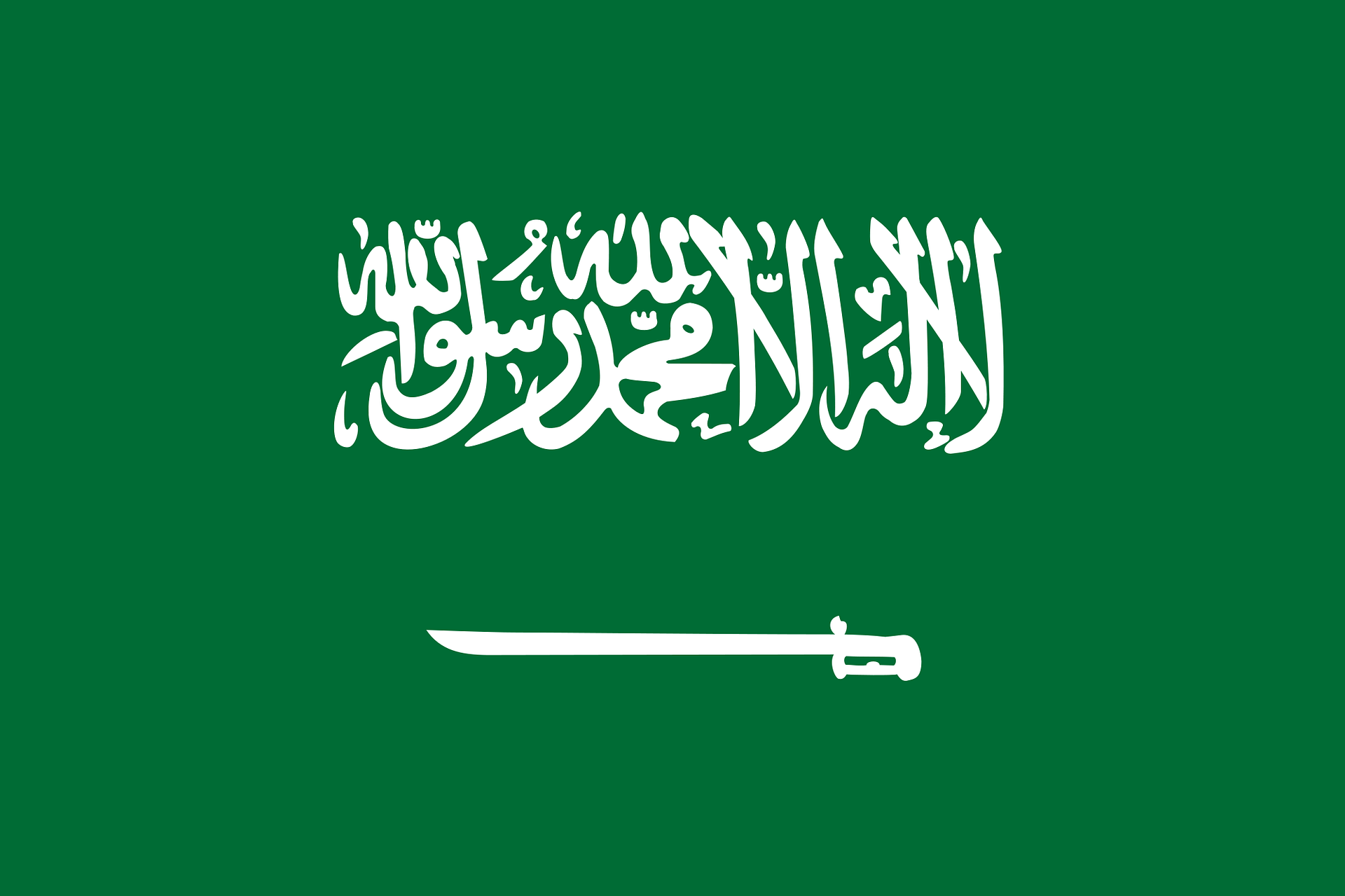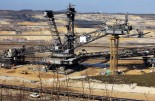Amundi: Impact drone-aanval Saoedi-Arabië
Amundi: Impact drone-aanval Saoedi-Arabië

Onderstaand het commentaar van Yerlan Syzdykov, hoofd opkomende markten van vermogensbeheerder Amundi, over de verstoring van de oliemarkt door de drone-aanval op Saoedi-Arabië en de invloed daarvan op onder meer opkomende markten en de voorgenomen beursgang van Aramco.
Yerlan Syzdykov, Global Head of Emerging Markets Amundi:
It is still very early to quantify the full effect of the supply disruption on global markets, however, the preliminary effect seems to be material and initial hopes of restoring production levels quickly have been put in doubt by the latest (unofficial) communication from Aramco and Saudi officials. It seems that we could only count on a limited restoration within the next few weeks and full restoration could take up to several months.
Impact on Aramco IPO
The domestic listing was supposed to happen as early as November and a lot of local investors were the sellers of other stocks in order to make room in anticipation of the upcoming share placement. It is unlikely for the listing to take place as early now, and this could force domestic investors to go back into the stocks they were switching out of for the last few weeks (financial and consumer sectors).
Impact on Aramco credit
The spread widening on Monday was only 15bps and is similar to the one for sovereign, reflecting probability of a one-notch downgrade for both based on uncertainty of production restoration timing (and its cost). however, it is unlikely for the rating agencies to follow the market’s assessment. Given Aramco’s and sovereign’s cushion in credit ratings terms, the spread is likely to come back in the short to medium term, provided security concerns subside.
Impact on Security Risk
The increasing security risk premium does not only apply to Saudi assets but to other GCC countries as well. The most affected country could be UAE (part of war coalition in Yemen, and, therefore, potential target for Houthies).
Increasing Risk Premium caused by oil spike
The aggregate impact of higher oil is normally negative on the EM equities, whereas it is neutral to positive for the EM Fixed Income.
This is of course a function of the response of the Saudi and the US to the alleged involvement of Iran in the attack. Given a direct threat of high oil prices to global growth, we think it is unlikely to see a direct military response by the US against Iran. European assets are more at risk of correction compared to the US. In EM context the highest risk premium is in Asia.
In country specific vulnerability terms, India and Turkey stand to be the biggest losers given how high the oil dependence. Russia and Nigeria are the biggest beneficiaries.










